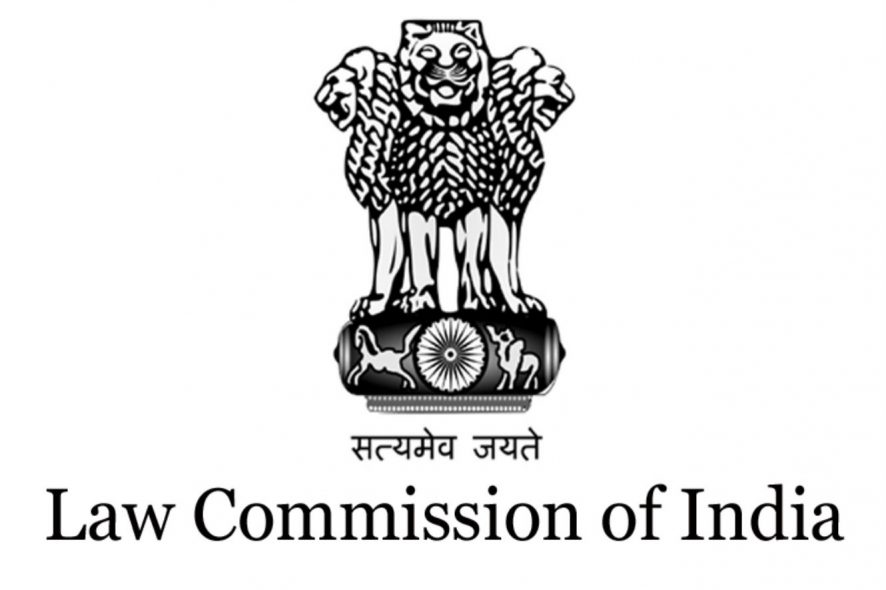The issue of escalating custodial violence in India has remained unaddressed primarily because of lack of comprehensive legal regime. India signed the Convention against Torture and Other Cruel, Inhuman or Degrading Treatment or Punishment [adopted by General Assembly of the UN on 10th December, 1984 (the UN Convention against Torture, in short “CAT”) on October 14, 1997, however, so far it has not seen the light of ratification. Despite holding the view that United Nations Convention against Torture corresponds to the Indian ethos of democracy, the rule of law and individual freedom, India has failed to implement this clear commitment for the last so many years despite ongoing use of torture and the repeated interventions of the National Human Rights Commission (NHRC), civil society organizations and repeated rulings by the Courts.
The Central Government initially took the stand that under the Indian Penal Code, 1860 torture is a punishable offence. Later on, it was decided to go for standalone legislation and the Prevention of Torture Bill, 2010 was introduced in the Lok Sabha to give effect to the provisions of the Convention. While the Bill was passed by the Lok Sabha on May 6, 2010, the Rajya Sabha referred the Bill to a Select Committee which had proposed amendments to the Bill to make it more compliant with the torture Convention. However, the Bill lapsed with dissolution of the 15th Lok Sabha following India’s refusal to repeal the Armed Forces (Special Powers) Act, 1958.
Recommendations
While deciding on as to what amounts to torture by a public servant, the Commission suggested that the definition of ‘torture’ should be wide enough to include inflicting injury, either intentionally or involuntarily, or even an attempt to cause such an injury, which will include physical, mental or psychological injury. Based on the analysis of various aspects of torture, the Commission has prepared a draft Bill titled “The Prevention of Torture Bill, 2017” to provide for punishment for torture, other cruel, inhuman or degrading treatment inflicted by public servants or any person with the consent or acquiescence of any public servant and also to protect the interest of the victims, complainants and witnesses from all kinds of ill-treatment and to compensate the victim suitably, along with the following recommendations:
(i) Ratification of Convention against Torture-
In order to tide over the difficulties faced by the Country in getting criminals extradited, in the absence of an anti-torture law and to secure an individual’s right to life and liberty, the Commission recommended consideration of the Convention Against Torture for ratification and in the event, the Central Government decides to ratify the Convention, then the draft Bill might be considered.
(ii) Amendment to Existing Statutes-
The Commission came to the conclusion that the Criminal Procedure Code, 1973 and the Indian Evidence Act, 1872 require amendments to accommodate provisions regarding compensation and burden of proof, respectively.
a. Criminal Procedure Code, 1973: The Commission recommended amendment to section 357B to incorporate payment of compensation, in addition to payment of fine, as provided under section 326A or section 376D of the Indian Penal Code, 1860.
b. Indian Evidence Act, 1872: The Commission endorses the recommendation made by the Law Commission of India that the Indian Evidence Act, 1872 requires insertion of Section 114B as insertion of this section must ensure that in case a person in police custody sustains injuries, it is presumed that those injuries have been inflicted by the police, and the burden of proof shall lie on the authority concerned to explain such injury.
(iii) Punishment for acts of torture-
In order to curb the menace of torture and to have a deterrent effect on acts of torture, the Commission recommended stringent punishment to the perpetrators of such acts thereby proposing in a draft Bill the term for punishment extending up to life imprisonment and fine.
(iv) Compensation policy for Victims-
According to the Law Commission’s recommendations, the Courts would decide upon a justiciable compensation after taking into account various facets of an individual case, such as nature, purpose, extent and manner of injury, including mental agony caused to the victim. The Courts would also bear in mind the socio-economic background of the victim and will ensure that the compensation so decided will suffice the victim to bear the expenses on medical treatment and rehabilitation.
(v) Protection of Victims, Complainants and Witnesses-
The Commission recommended that an effective mechanism must be put in place in order to protect the victims of torture, the complainants and the witnesses against possible threats, violence or ill treatment.
(vi) Sovereign Immunity-
Going by the law of torts, which states ‘liability follows negligence’ the Commission was of the opinion that the State should own the responsibility for the injuries caused by its agents on citizens, and principle of sovereign immunity cannot override the rights assured by the Constitution. While dealing with the plea of sovereign immunity, the Courts will have to bear in mind that it is the citizens who are entitled for fundamental rights, and not the agents of the State.
The Commission, after examining the prevailing situation across the globe with regard to various international conventions on torture noted that though India was party to the UN Convention against Torture, it was yet to be ratified. The Commission stated that not ratifying the Convention might lead to difficulties in cases involving extradition, as the foreign courts may refuse extradition or may impose limitations, in the absence of anti-torture law in line with the Convention, while granting extradition. Through the above-mentioned recommendations, the Law Commission further opined that the Central Government has to take a decision on the issue of ratification of the Convention, and in case it is decided to go for ratification, then, the Prevention of Torture Bill, 2017 as formulated by the Law Commission may be considered.







Can you send me any compensation case detail for.treatment and.rehabillation. what has been given for.person , any case detail.càn be provided.
thanks for the information.